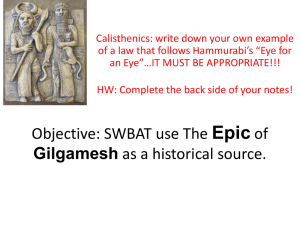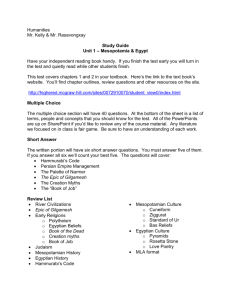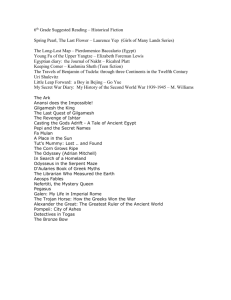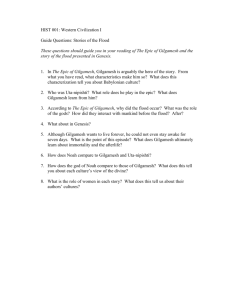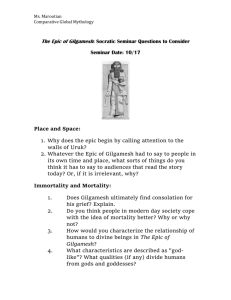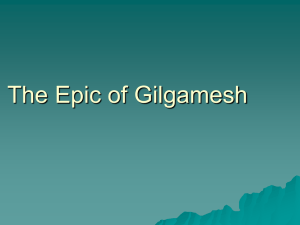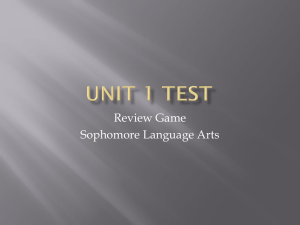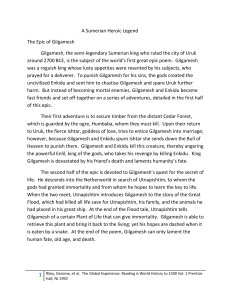10th Grade Study Guide
advertisement
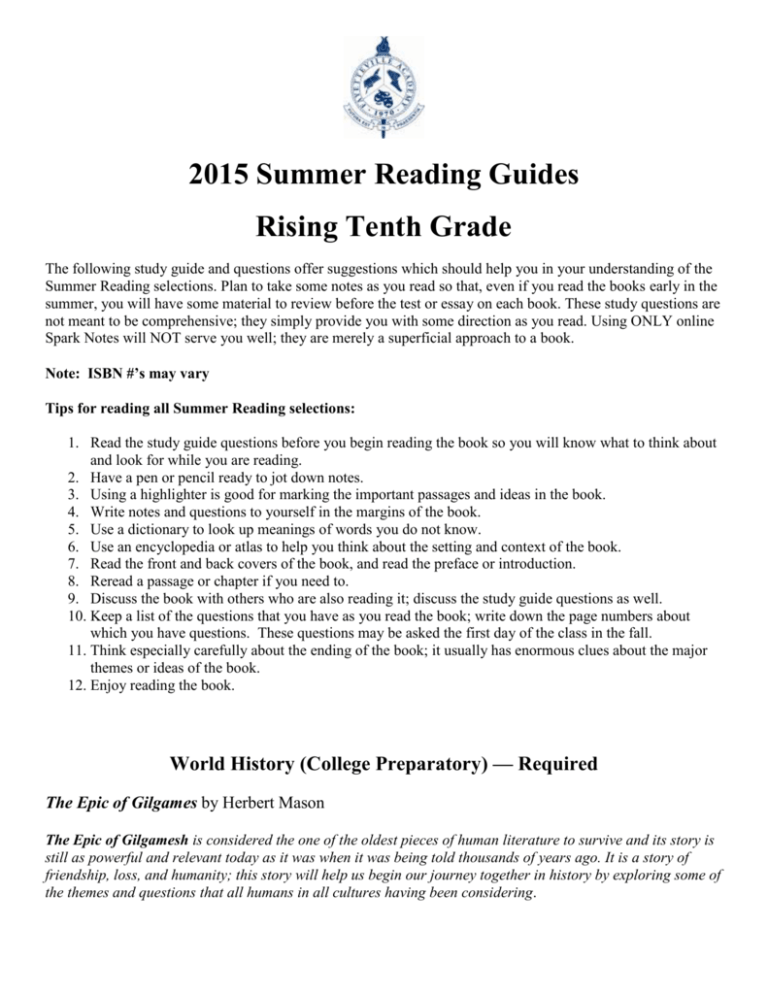
2015 Summer Reading Guides Rising Tenth Grade The following study guide and questions offer suggestions which should help you in your understanding of the Summer Reading selections. Plan to take some notes as you read so that, even if you read the books early in the summer, you will have some material to review before the test or essay on each book. These study questions are not meant to be comprehensive; they simply provide you with some direction as you read. Using ONLY online Spark Notes will NOT serve you well; they are merely a superficial approach to a book. Note: ISBN #’s may vary Tips for reading all Summer Reading selections: 1. Read the study guide questions before you begin reading the book so you will know what to think about and look for while you are reading. 2. Have a pen or pencil ready to jot down notes. 3. Using a highlighter is good for marking the important passages and ideas in the book. 4. Write notes and questions to yourself in the margins of the book. 5. Use a dictionary to look up meanings of words you do not know. 6. Use an encyclopedia or atlas to help you think about the setting and context of the book. 7. Read the front and back covers of the book, and read the preface or introduction. 8. Reread a passage or chapter if you need to. 9. Discuss the book with others who are also reading it; discuss the study guide questions as well. 10. Keep a list of the questions that you have as you read the book; write down the page numbers about which you have questions. These questions may be asked the first day of the class in the fall. 11. Think especially carefully about the ending of the book; it usually has enormous clues about the major themes or ideas of the book. 12. Enjoy reading the book. World History (College Preparatory) — Required The Epic of Gilgames by Herbert Mason The Epic of Gilgamesh is considered the one of the oldest pieces of human literature to survive and its story is still as powerful and relevant today as it was when it was being told thousands of years ago. It is a story of friendship, loss, and humanity; this story will help us begin our journey together in history by exploring some of the themes and questions that all humans in all cultures having been considering. While this story is short, you will likely need to read through it at least twice to fully understand the story since it is a poem. The list of character descriptions on pgs 95-96 should help you along your way--keep that page tabbed as you read through the story. Please make sure that you purchase Gilgamesh: A Verse Narrative by Herbert Mason (ISBN#: 978-0-61827564-9). It can be found in Barnes and Noble as well as plenty of other booksellers. Here's a link to B&N website: http://www.barnesandnoble.com/w/gilgamesh-anonymous/1117740375?ean=9780618275649 World History CP Questions 1. How did Gilgamesh and Enkidu first meet? Why did they quickly become friends? 2. Draw a sketch of Humbaba or Bull of Heaven based on what you read in the Epic. Describe in one paragraph why you used five different specific details in your sketch. 3. How do the Scorpion Man, Siduri (the barmaid), and Urshanabi (the boatman) each respond to Gilgamesh’s quest? 4. Does Utnapishtim’s story remind you of another flood story you have heard of? How is it different or similar to the one you have heard? 5. Why does Gilgamesh ask if someone recognizes Enkidu’s in Part IV of the poem? World History (Advanced Placement) — Required The Epic of Gilgames by Herbert Mason The Epic of Gilgamesh is considered the one of the oldest pieces of human literature to survive and its story is still as powerful and relevant today as it was when it was being told thousands of years ago. It is a story of friendship, loss, and humanity; this story will help us begin our journey together in history by exploring some of the themes and questions that all humans in all cultures having been considering. While this story is short, you will likely need to read through it at least twice to fully understand the story since it is a poem. The list of character descriptions on pgs 95-96 should help you along your way--keep that page tabbed as you read through the story. Please make sure that you purchase Gilgamesh: A Verse Narrative by Herbert Mason (ISBN#: 978-0-61827564-9). It can be found in Barnes and Noble as well as plenty of other booksellers. Here's a link to B&N website: http://www.barnesandnoble.com/w/gilgamesh-anonymous/1117740375?ean=9780618275649 World History AP Questions: 1. What is the significance of Gilgamesh’s dreams (before meeting Enkidu, before fighting Humbaba)? 2. Why do you think Gilgamesh and Enkidu’s fight (between each other) ends in the way that it does? 3. How do Enkidu and Gilgamesh each handle Enkidu’s immanent death? How are their responses different? How are they the same? 4. Based on the way the Epic describes the gods and the supernatural, how does it appear that the Sumerians of the Epic of Gilgamesh’s time period viewed the supernatural and gods? 5. Pick two of the five themes explored in the Epic of Gilgamesh. For each of the two that you have selected, write 1-2 paragraphs on how the author sought to explore those themes. Being human (as opposed to being an animal or a god) Death Loss Friendship Protection 6. Is Gilgamesh a better or a worse person at the end of the Epic of Gilgamesh? Why? Tenth Grade English (College Preparatory) — Required Night by Elie Wiesel This autobiographical work recounts Wiesel's experiences in various concentration camps during the Holocaust where he witnessed the atrocities of genocide. 1. What steps do the Germans take to limit the Jews' freedom and to deport them to concentration camps? 2. Why do the people refuse to believe Moshe's story? 3. Describe Elie Wiesel as a young boy in Sighet. How does he change by the end of the book? 4. Why must Elie, upon his arrival, lie to the first SS Officer? 5. What process do the prisoners undergo after they pass the selection that degrades and dehumanizes them? 6. Explain the relationship between Elie and his father, giving specific examples from the book. 7. Give two examples of the most vivid descriptions of how the Jews are tortured by the Nazis. 8. Why do the prisoners themselves become animalistic and how do they show it? 9. How does Elie show his rebellion against God? 10. Elie weeps several times in the book; explain when and why. Explain one time he does not weep when it would be expected. 11. What keeps Elie from allowing himself to die during the forced march? 12. In what way does the scene in the wagon between Meir and Meir's father contrast to the relationship of Elie and his father? 13. Why does Juliek play his violin as he lies dying in the mass of bodies? 14. When does the climax occur, and why is it the climax? 15. What does Elie see when he looks in the mirror at the end of the book? Why is this significant? 16. Explain one of the themes of the book and how it is developed. 17. Explain the meaning of the title of the book. Tenth Grade English (Honors) — Required Sarah’s Key by Tatiana de Rosnay When Sarah’s family is arrested in Paris by the French police in the Vel’ d’Hiv’ roundup in July 1942, Sarah, who is ten years old, locks her younger brother in a closet in the family’s apartment, believing that she will be back within a few hours. On the 60th anniversary of Vel’ d’Hiv’, journalist Julia Jarmond begins an investigation which leads her to retrace Sarah’s ordeal from the time of her arrest to her life after internment camps. This novel provides a compelling portrait of France under occupation and the silence that surrounds this painful episode in French history. Study questions 1. What does this book reveal about France’s role in World War II? 2. The novel is composed of two interwoven plots – Sarah’s past and Julia’s present quest. What are the strengths or drawbacks of this format? 3. How does the apartment on la rue de Saintonge unite the past and present action as well as the characters? 4. The novel focuses on several “key” secrets that Julia uncovers. What types of narrative devices does the author use to develop an element of mystery? 5. The Holocaust, as the inscription on the Rafle du Vel’ d’Hiv’ memorial reminds us, is a period that we must always remember and never forget. Who are the characters doing the remembering, and who are the ones who choose to forget? 6. What are the major themes of the novel? What can we learn about the world and ourselves from Sarah’s story?
